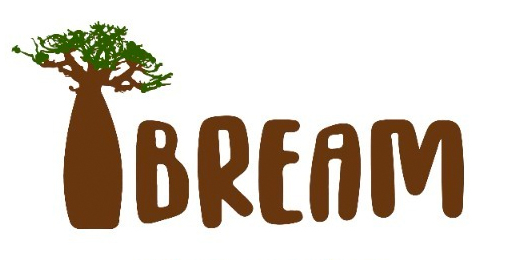Calming Scents: Validating perception of a novel appeasing pheromone for use in African wild dog management
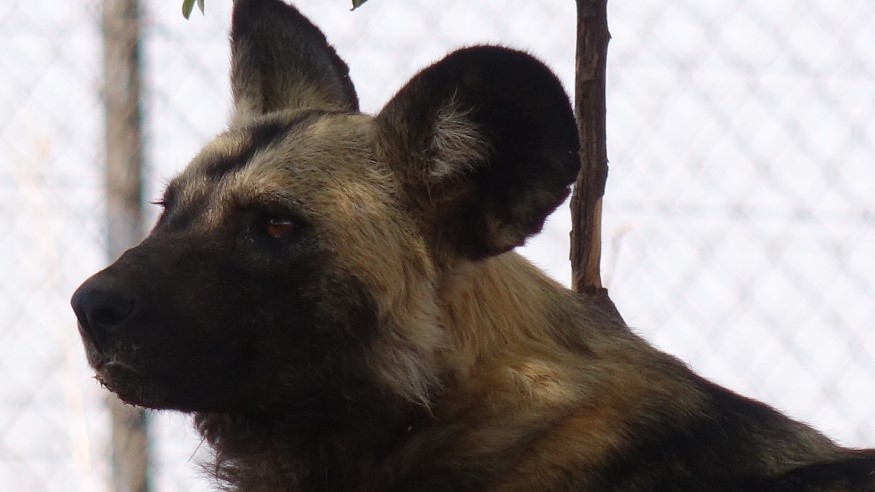
Earlier this year our valuable collaborators at IRSEA were busy developing a new canid appeasing pheromone spray for use in our research to reduce stress and aggression and bolster immune function of translocated African wild dogs. After some unforeseen shipping delays, we finally received this pheromone a few months ago and we have just finished our field trials testing olfactory perception of this new pheromone by African wild dogs. Our PhD student Pia Riddell has been busy recording extensive audio and video footage to measure positive changes in behaviour and vocalisation of a number of South African wild dog packs in response to different pheromone and control treatments.
African Wild Dog Research Update – Lab work in Australia at James Cook University
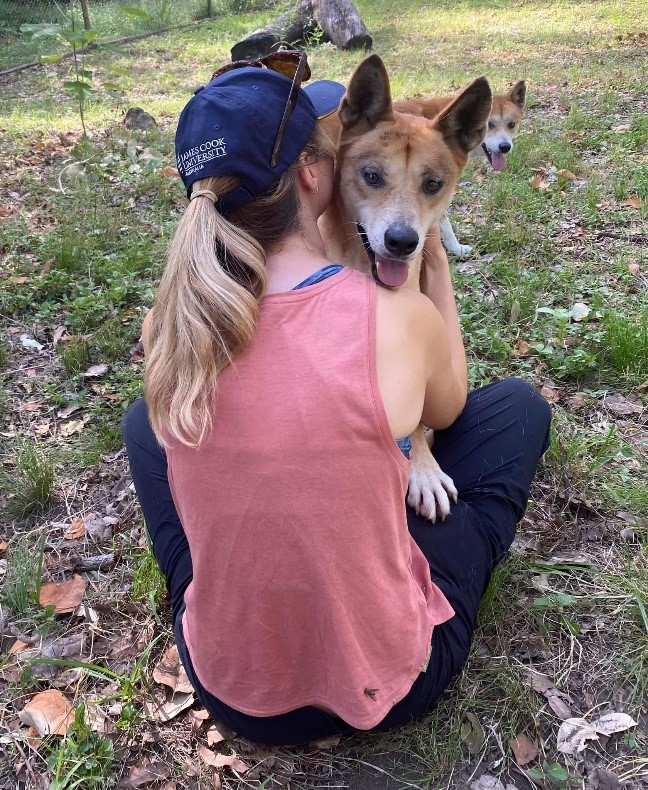
The last year has not been what we all expected due to the COVID-19 pandemic and much of our original plan for the AWD project had to be delayed throughout 2021.
African Wild Dog Research Update – Lab work in Australia at James Cook University
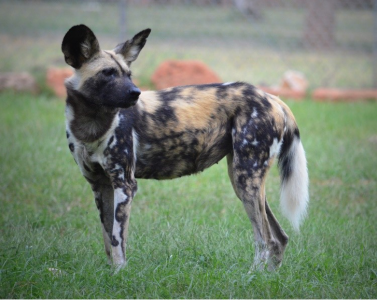
As the year of 2020 draws to a close I have moved away from the very important research design component of my PhD project and have begun working in the GAME Lab at James Cook University in preparation for the start of fieldwork in 2021. This is a crucial step towards being able to monitor immune function in African wild dogs through non-invasive methods. In other species, chronic stress and aggression can result in a suppressed immune system and this can delay wound healing, reduce vaccine effectiveness and resistance to disease. However, there has been little research into the effect that temporary captivity and handling has on African wild dog immune function, mainly due to the difficulty of obtaining regular blood samples to measure immune molecules. A non-invasive alternative to this is faecal samples.
Can the use of appeasing pheromones from African wild dogs improve pack bonding and survival?
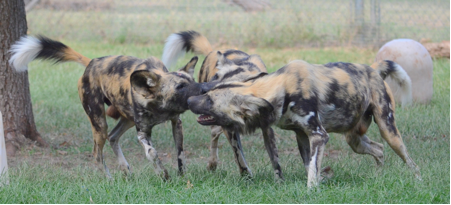
African wild dogs live in highly social and hierarchical groups. However, intra-pack aggression, injuries and even mortalities may occur during temporary separation of individuals from the pack, during new pack formations and after translocation events both in captive and free-living animals.
Being top dog doesn’t guarantee better sperm in African wild dogs
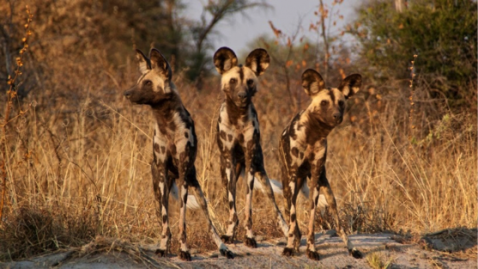
IBREAM team members (including researchers from JCU’s state-of-the-art Gamete and Embryology (GAME) Laboratory) have a plan to help low-ranked African wild dogs become part of the breeding cycle and help ensure the endangered species survive.
The Use of Dog Appeasing Pheromone to Aid Pack Reintroduction
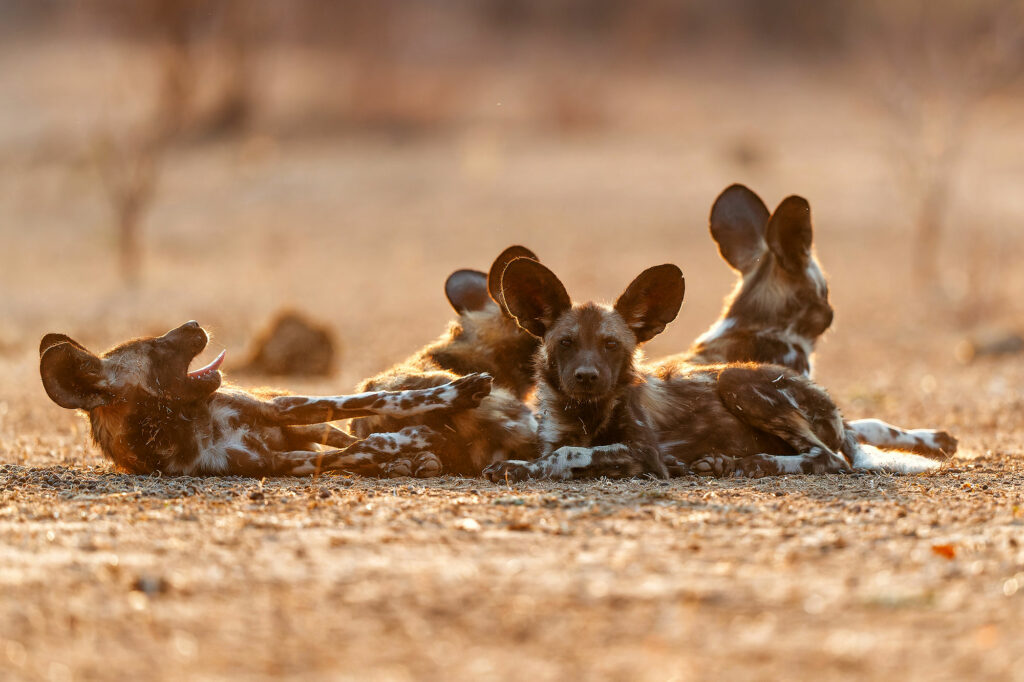
African wild dogs have a complex hierarchical social structure that can lead to aggression, injuries and even mortality after temporary separation of individuals from the pack, or during new pack formations. Dog Appeasing Pheromone (DAP; AdaptilTM, CEVA) is a synthetic analogue of the mammary appeasing pheromone found in lactating domestic dogs. DAP has been commercially […]
Improved Sperm Freezing in the African Wild Dog

The development of sperm freezing can significantly help conservation and management of the endangered African wild dog. With the development of a good freezing protocol, sperm banks can be set up, both from captive as free-living populations. This way, we can provide a genetic back-up of the current population, which gives a buffer against possible […]
Freezing breakthrough offers hope for African wild dogs

James Cook University researchers have helped develop a new way to save endangered African wild dogs.
African wild dog research update USA: May – September 2014
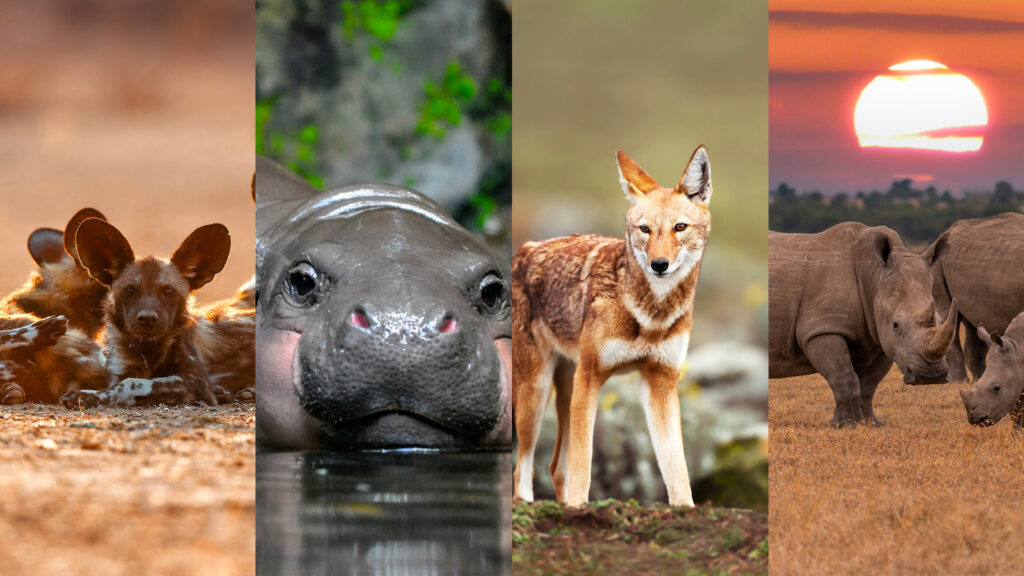
My 6 month long USA fieldwork ended in September 2014 and I must say, it was quite an adventure! My plane landed in the cold Chicago on the 28th of April. First item on the program was attending the African Painted Dog conference in Brookfield Zoo, Chicago, where I had the pleasure of meeting numerous […]
African Wild Dog Project Update – August 2011

Well the last of the field work ended earlier this month, coinciding with the last of the females giving birth a few weeks earlier. Breeding at Hluhluwe-iMfolozi Park (HiP) for 2011 was overall a success with half the packs in the park successfully mating and giving birth. Despite the positive breeding for the year, unfortunately […]
